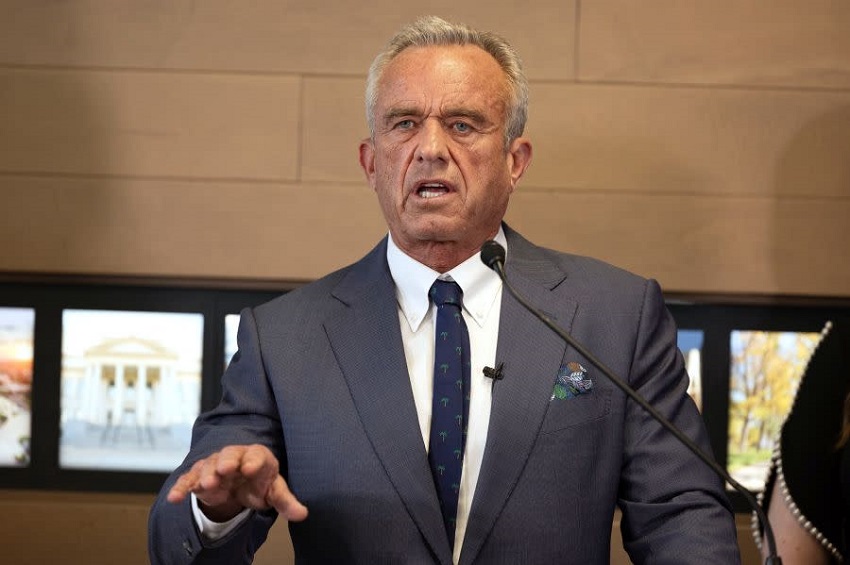OKLAHOMA CITY, OK — Health and Human Services Secretary Robert F. Kennedy Jr. is facing widespread criticism following controversial remarks made during a press conference announcing new federal studies into autism. While Kennedy said he intends to explore potential environmental causes of the condition, his description of autistic individuals has drawn sharp rebukes from advocates, scientists, and members of the autism community.
“These are kids who will never pay taxes. They’ll never hold a job. They’ll never play baseball. They’ll never write a poem. They’ll never go out on a date. Many of them will never use a toilet unassisted,” Kennedy stated, referring to children with autism. The comments were made in response to a recent Centers for Disease Control and Prevention (CDC) report indicating that 1 in 31 8-year-olds were identified with autism in 2022, an increase from 1 in 36 in 2020.
The remarks were swiftly condemned by autism advocacy organizations and individuals on the spectrum. Carley Marissa Dummitt, an autistic advocate with the Autism Foundation of Oklahoma, called Kennedy’s portrayal of autistic people “fear mongering” and deeply inaccurate.
“I have a career, I write poetry, I go on dates, I use the restroom, I drive a car, I pay taxes,” Dummitt said. “To hear the Secretary of Health and Human Services say those things—it’s insulting, and it spreads misinformation.”
Dummitt also pointed to the genetic aspect of autism, sharing that she and her father both possess a genetic marker linked to the condition. “Autism runs in my family. It’s not some mystery illness caused by toxins,” she said.
While Kennedy has long pushed theories that link autism to environmental triggers, such as pollution and food additives, those claims remain speculative and lack conclusive scientific support. “Genes do not cause epidemics,” Kennedy said at the press conference. “It can provide a vulnerability. You need an environmental toxin.”
But public health experts argue that such assertions are misleading. Dr. Zach Warren, one of the authors of the CDC report, emphasized the complexity of autism’s origins, saying, “We have data that a certain percentage of some types of autism can be clearly explained by genetic differences. We have other evidence suggesting that actually it’s a complex interplay of environmental factors.”
In response to Kennedy’s statements, national nonprofit Autism Speaks issued a lengthy statement condemning what it described as “damaging” rhetoric.
“Framing autism as a personal or societal tragedy, and implying that autistic people are incapable of joy, growth, or fulfillment, is deeply hurtful,” the statement read. “Statements that suggest autistic children will never contribute, connect, or thrive erase the full humanity of millions of people—and ignore the many ways autistic people enrich our world every day.”
Autism Speaks called on Kennedy to engage directly with autistic individuals and their families, and to shift the conversation toward inclusion, support, and evidence-based research. “We are hopeful that this conversation can continue, and we invite Secretary Kennedy to meet with autistic people and families,” the organization stated.
As federal research on autism moves forward, many advocates stress the importance of centering the voices of autistic people and ensuring that studies reflect the full diversity and complexity of the autism spectrum—without reinforcing harmful stereotypes.
For more information on autism and community priorities, visit www.autismspeaks.org.

